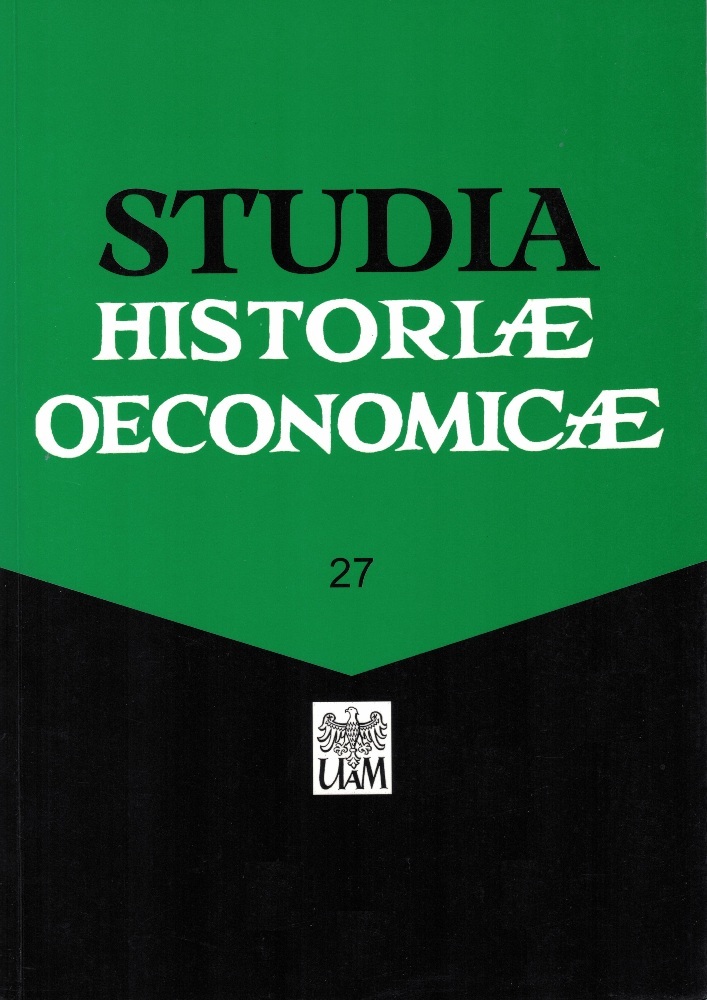Abstract
During the period of foreign rule, the Polish territories lost their natural economic integrity; they no longer formed a single, coherent organism. The various parts of the country were separated from one another and represented the periphery of the partitioning powers. The customs border, the tax system, money, and economic and professional organizations - all of this created differences and had a decentralizing effect, distancing the partitioned regions from one another. In 1918, after more than a hundred years, a sovereign Polish state appeared on the map of Europe again. The state that was brought to life, the Second Republic, faced important tasks, the most important of which were the social and economic unification of the country and the development of a single internal market, along with questions of public administration and the army. This enormous challenge faced both the politicians of the time and the entire nation, especially business circles. Its aim was to reunite the Polish regions with the natural social and economic ties that had been torn apart during the partitions, and to repair the institutional infrastructure in the legal and organizational fields that was necessary for this.
License
© by Institute of History, Adam Mickiewicz University, Poznań, 2009
OPEN ACCESS




